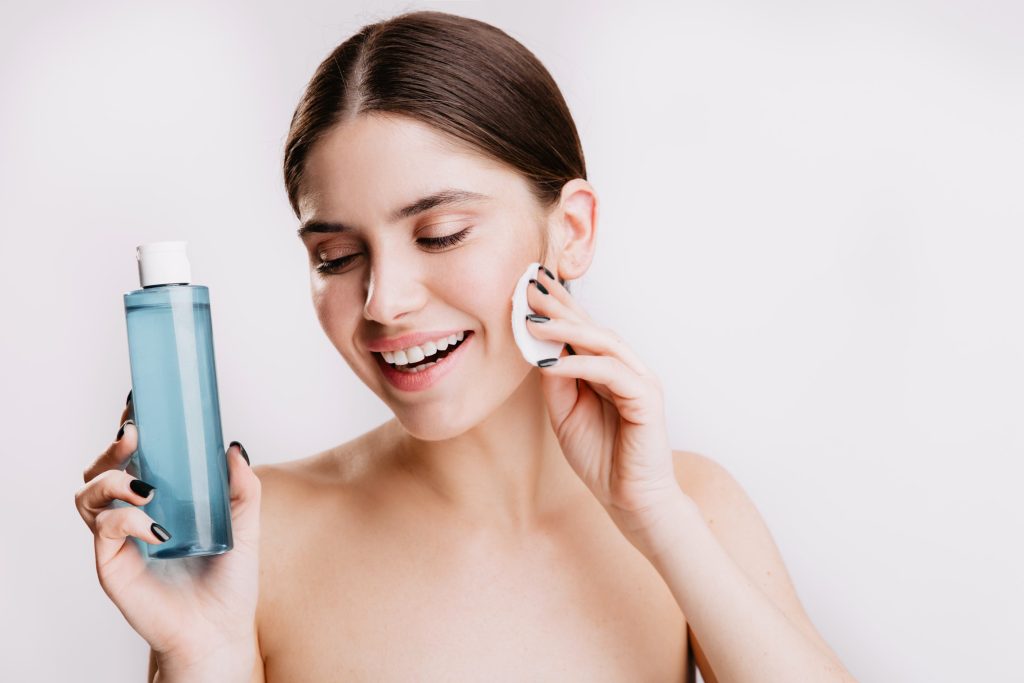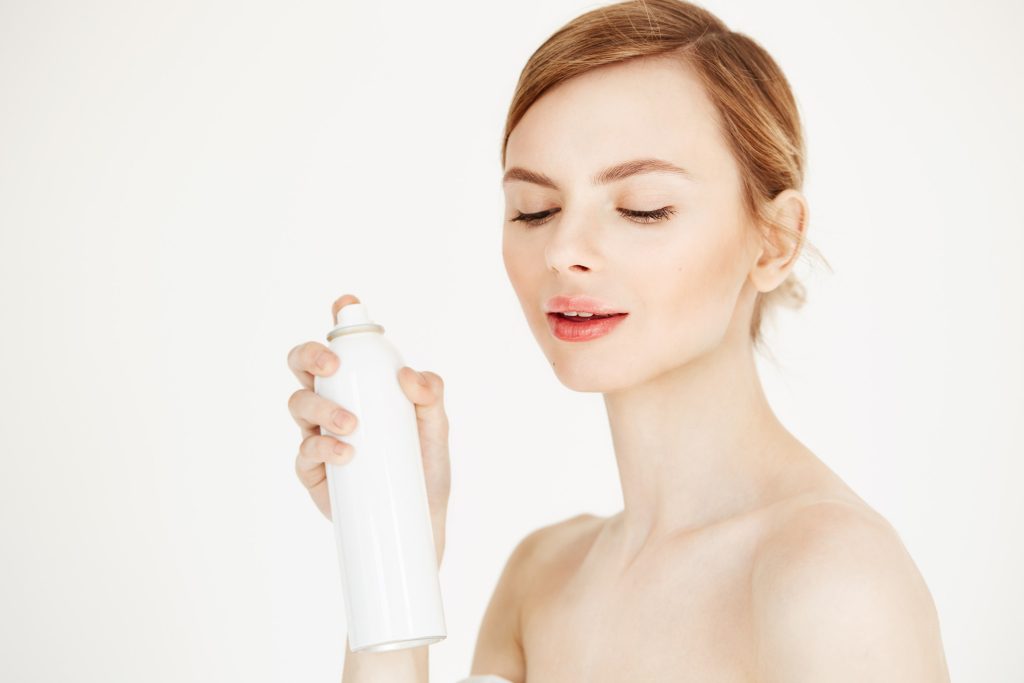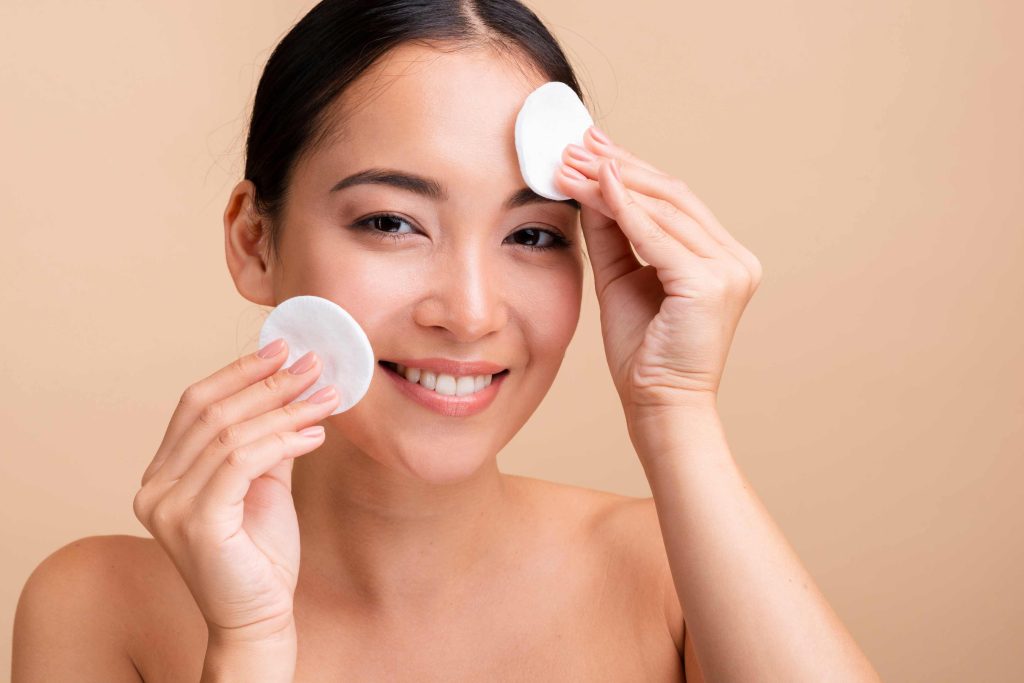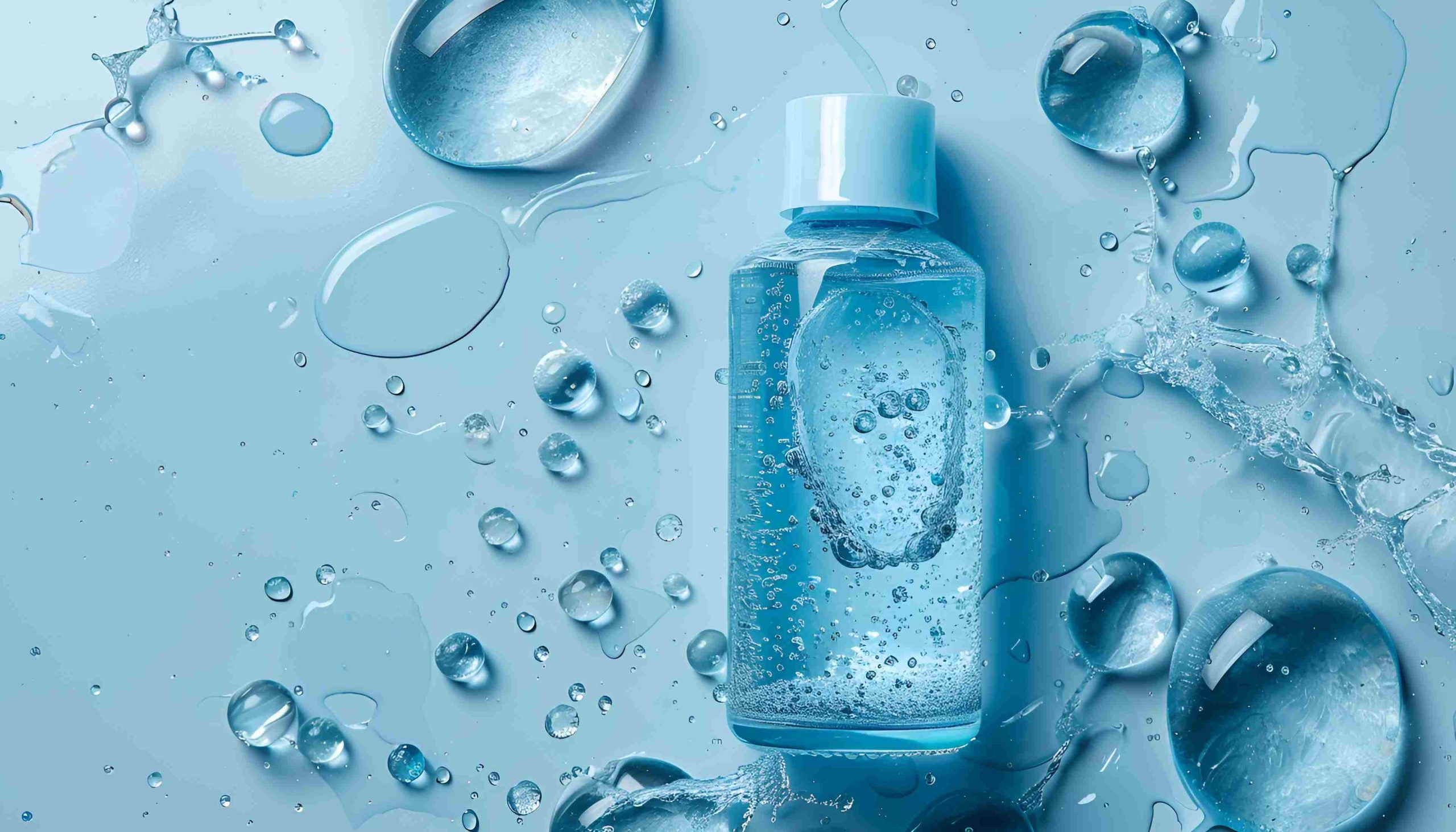How to build the perfect toner formula for your brand or skincare line
Have you ever used a toner and thought, “This doesn’t actually do much for my skin”? You’re not alone. Toners used to be a kind of “extra step” in the skin routine — typically water-thin, alcohol-based products that just left your face feeling dry. But times have changed.
Today, customized beauty items control the skincare industry. People no longer desire some type of one-size-fits-all product that kind of accomplishes something for everybody. Today, individuals desire customized skin care that is suited to their unique skin needs — whether it’s soothing redness, fading dark spots, or balancing oil. That is where customized toner comes in.
Brands, especially small and independent brands, are today collaborating with cosmetic OEM companies to develop private label toner that is effective, differentiated, and tailored to their audience. The best news? You do not need to be a chemist to get started. With the proper process and a good toner OEM partner, you can develop your own formula from scratch.
So, how do you really go about developing a customized toner that is effective, safe, and market-ready?
Let’s go through the most important steps together.

The 4 Core Steps of Customizing Toner
Creation of a private label skin care product like toner involves more than choosing an adorable package and logo. You will need to decide what the product does, what it will feel like, how it is packaged, and how it is cleared to sell.
Let us discuss each of them in detail.
1. Choose the Effect: What Skin Issue Are You Solving?
Before you choose ingredients or textures, you must know what your toner’s main function is. Is it to lighten the skin? Fight wrinkles? Calm irritation?
Among the shared directions and ingredients utilized in personal skin care are:
● Brightening/Whitening:
Niacinamide and Vitamin C are highly recommended. They promote skin color evening and fading of dark spots.
● Anti-Aging:
Peptides and herbal extracts like Boswellia serrata (bosine) will tighten the skin and relax fine lines.
● Relaxation:
Centella asiatica and Vitamin B5 (or panthenol) are great for sensitive skin. They calm irritation and help heal.
● Oil Control:
Ingredients like zinc PCA are highly effective in regulating oil release and acne, especially in hot or wet conditions.
When developing a custom toner, think about your target market. If you are retailing in warm temperatures like Indonesia and the UAE, oil control can be of utmost concern. If you are retailing in Europe and the USA to B2B beauty wholesalers, anti-ageing and brightening can be more appropriate.
These are the crux of your design. Having chosen the effect, you can now think about the feel.
2. Determine the Skin Feel: Texture, Absorption, and Experience
Skin care is as much a matter of how it feels as what it does. Is your toner designed to feel light and invigorating? Or rich and hydrating? Various formulas create varied sensations, and that holds true for your customers.
The following are the two main toner textures:
● Refreshing Toners:
These are nice and quick-drying. They usually have alcohol or menthol, which gives that “tight” clean feel. They are suitable for oily or acne skin, and are popular in Southeast Asian B2B cosmetics wholesalers due to the hot weather.
● Moisturizing Toners:
These are more hydrating and thicker. They contain ingredients such as glycerin and hyaluronic acid that attract and retain moisture. They’re great for dry skin or colder weather.
The texture you will use will depend on your target market. A European dry skin winter product would have a totally different texture from a product for the Middle East in the summer.
OEM labs (like BonnieCo Beauty) typically offer free samples so you can test out different versions before purchasing. This enables you to choose the best fit for your private label beauty products.
3. Choose Your Packaging: Function, Style, and Sustainability
And now that you have your formula, how are you going to package it?
Packaging is not merely aesthetic — it determines how the product stays fresh, how it is consumed, and even how your company is perceived.
The most common packaging forms of personal care products are as follows:
● Vacuum Pump Bottles:
These are especially appropriate for stabilizing air-sensitive ingredients. They prevent contamination by fingers or air from happening.
● Dropper Bottles
Best for stronger formulas. More “clinical” in texture and are loved for active treatments.
● Material also counts:
Glass is elegant and inert, but denser and brittle.
PET plastic is extremely light, recyclable, and extensively used.
And don’t forget about green trends. More and more customers care about packaging waste. Taking the biodegradable or refillable path can differentiate you, especially among younger customers.
Packaging is also an area that is normally considered by European and American B2B wholesalers of cosmetics when making decisions about products to carry.

4. Understand Filing and Regulations: Stay Legal, Sell Globally
You’ve chosen your packaging and ingredients — now you need to ensure your product is actually sellable.
Every region has varying laws that deal with the sale of cosmetics. Some of the most significant ones are detailed below:
● European Union:
You must adhere to the EC 1223/2009 regulation regarding this. This involves registering through the CPNP, ensuring your product is safe, and having a “responsible person” in the EU.
● United States:
The FDA does not pre-approve cosmetics prior to their availability on the market, although they do have regulations on labelling, ingredients, and safety.
● Middle East:
You will usually need GCC certification, and in Indonesia and Malaysia, you will also need Halal certification.
Don’t worry — you don’t have to do it alone. With a cosmetics OEM partner like BonnieCo Beauty, you’re supported with all of your filings. Their team will guide you through safety testing, documentation, and submission.
To Middle East B2B cosmetic wholesalers, such support is especially useful in trying to comply with stringent regional regulations.
Why Use a Professional Toner OEM like BonnieCo Beauty?
Now you might be thinking — can I really do everything myself? The short answer: you don’t have to.
With a professional OEM (Original Equipment Manufacturer) or ODM (Original Design Manufacturer) such as BonnieCo Beauty, the entire process becomes streamlined, quicker, and safer.
Get Expert Help with Formulas, Testing, and Packaging
Consult with Specialists for Formulas, Testing, and Packaging. Only when you buy an OEM toner do you not have to start all over again. BonnieCo offers:
- A massive collection of tried and tested formulas that you can customize
- Free sample proofing for you to experiment with before buying
- Help in sourcing ingredients, especially if you’re developing customized skin care products.
They also oversee testing — your toner functions, is stable, and is safe — and walk you through every regulatory step. This provides faster-to-market access for Southeast Asian B2B cosmetics suppliers and start-ups.
A Real Example: The Anti-Blue Light Toner Case
BonnieCo has also collaborated with a niche beauty company that requires them to develop a toner for protection against screen time. They developed a formula in collaboration with blueberry extract, niacinamide, and other actives to shield the skin from blue light.
From design to market, it took just 60 days — from sampling, to packaging, to filing and production. The product is now on the market in the U.S. and Southeast Asia.
This is the type of private label toner experience you receive when you’re with the right OEM partner.
How to Start Your Own Custom Toner Project
So, are you ready to make your own customized toner?
Here’s what you’ll be needing to get started:
- Your goals (brightening, soothing, anti-aging, etc.)
- Knowledge of your target market and customer
- Budget and target order quantity
- Packaging options.
Once you have that list, visit the Contact Page of BonnieCo and request a free consultation. Their professionals will walk you through every step, from ingredient selection to final production. Whether you are a new market entrant or already a seller of products, BonnieCo is an established name when it comes to private label skin care products and European and American B2B cosmetic distributors.

Conclusion
Building your own toner can seem scary, but with the proper instructions, it’s actually easy. From selecting your ingredients to getting the right packaging and making it legal, every step gets you closer to a product that’s all your own. With the assistance of BonnieCo Beauty, small companies can now bring on board exceptional private label cosmetics that command shelf space and truly perform.
Ready to bring your skincare concept to life? Let BonnieCo walk you through it step by step.
Contact BonnieCo Beauty to start.
BonnieCo, with over 15 years of experience in cosmetics manufacturing and private-label services, specializes in providing OEM/ODM one-stop solutions for your skin and hair care products.
Frequently Asked Questions (FAQs)
1. What is a personalized toner?
A. Specialized toner is a skin care product that is formulated to address some skin requirements, such as brightening, oil balancing, or calming. It is usually produced via a cosmetics OEM or toner OEM service that allows companies to create their own formulations for private label cosmetics.
2. Does it take a huge budget to produce a private label toner?
Yes! Most private label skin care producers have small minimum order quantities. Companies like BonnieCo Beauty help new brands create personalized beauty products at a reasonable price using OEM services.
3. Why is custom skin care better than mass market products?
Specific skin care is designed to take care of your particular problem, whether dryness or acne. A generic toner is distinct from a personalized toner, where the ingredients employed actually work in favor of your type or category of skin.
4. How do I select an appropriate toner OEM partner?
Seek highly experienced cosmetics OEM partners with quality feedback, a large formula library, and complete support for compliance. BonnieCo Beauty is well known by many European and American B2B cosmetics suppliers and Middle Eastern B2B cosmetics suppliers.
5. Whether Southeast Asian B2B cosmetic sellers can offer halal-certified toners?
Yes, the majority of Southeast Asian B2B cosmetic wholesalers can supply private label toner and other halal-certified products for markets such as Malaysia, Indonesia, and the UAE.



